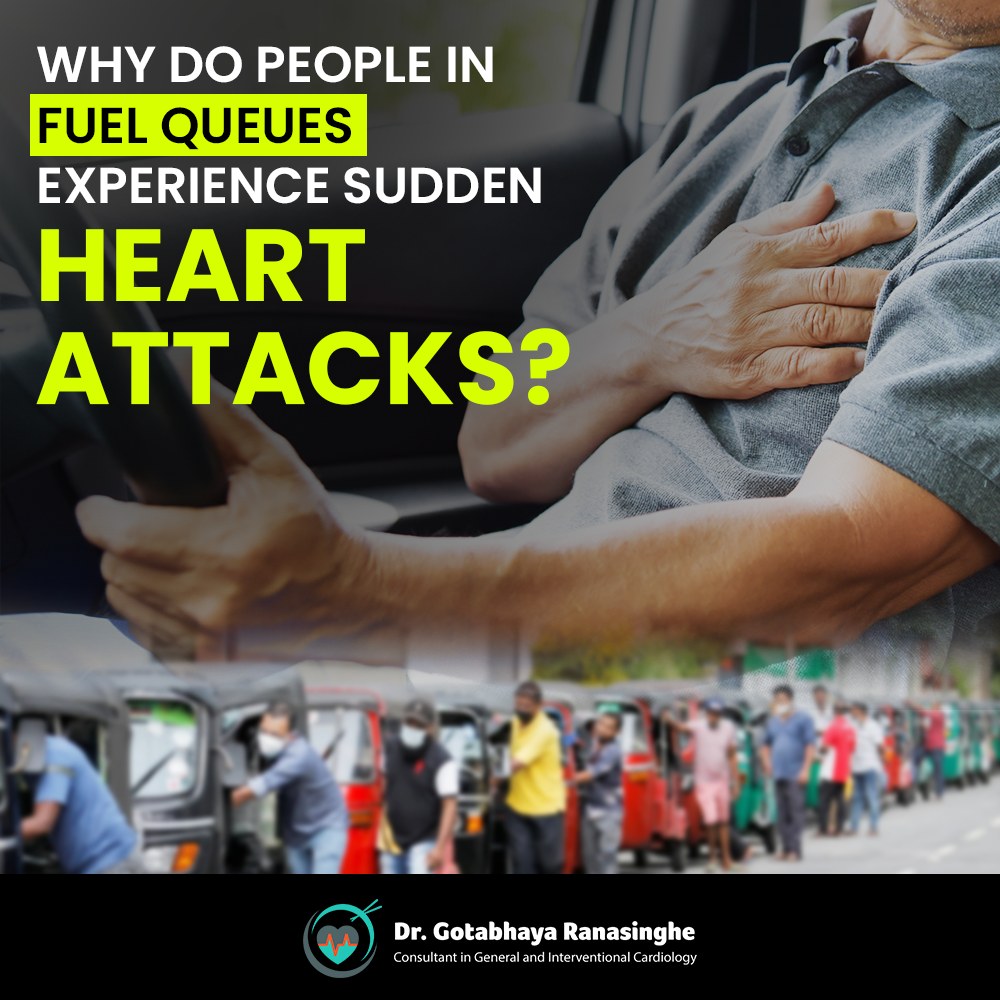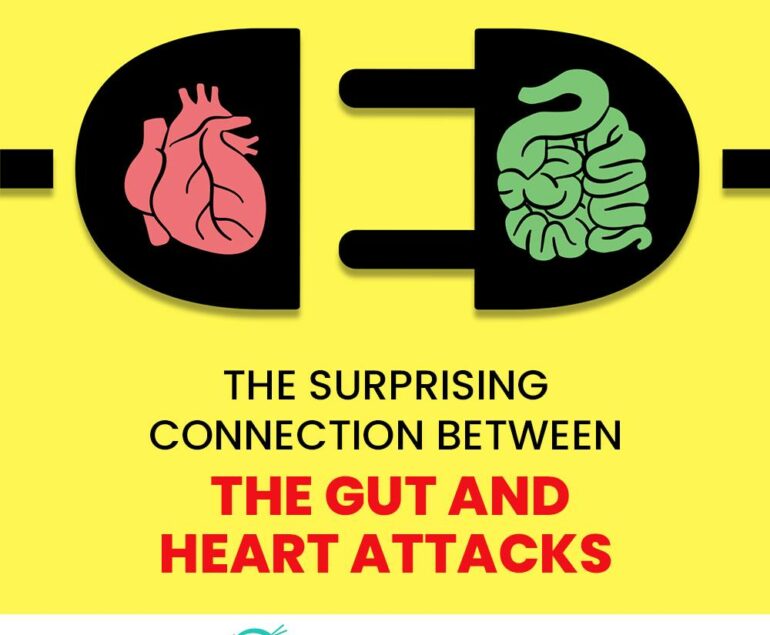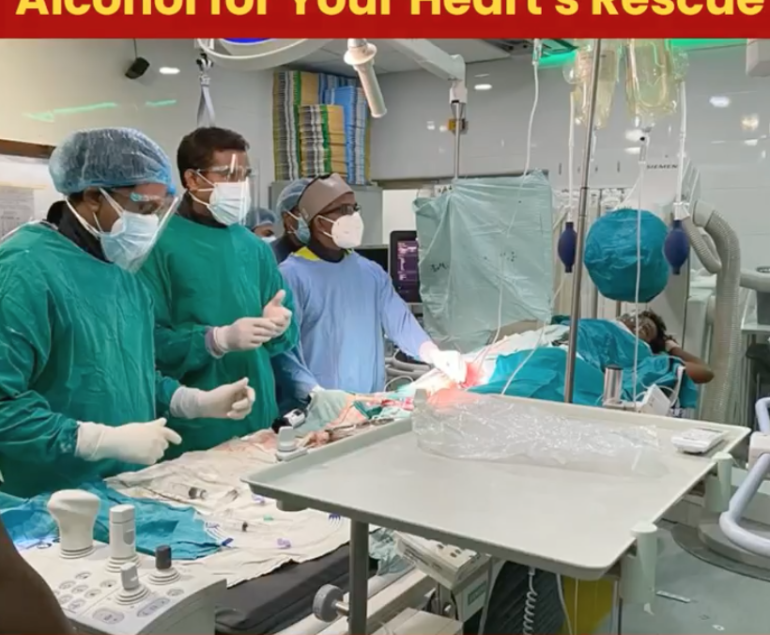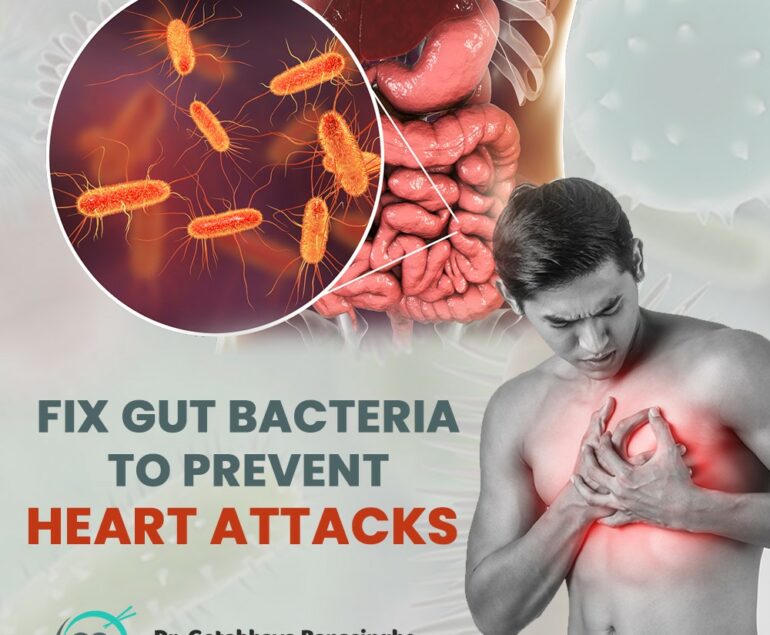Why do people in fuel queues experience sudden heart attacks?
All of us are aware that as Sri Lankans we are passing through a very stressful period due to the economic crisis and the social instability of the country.
The daily news presents about deaths in fuel queues due to sudden heart attacks. Sadly, being in queues for days and hours is no easy task. People who are already stressed get more stressed, anxious, angry, and feel overly exhausted. Most people miss their meals, medications and even tend not to have the daily requirement of water (or other beverages). The weather too is harsh most of the time, and a hot climate quickly dehydrates you.
What is the difference between a heart attack and a sudden cardiac arrest?
A heart attack is triggered when there is an issue with blood circulation or pumping of the heart. A blockage in the coronary artery reduces or completely cuts off the blood flow to the heart resulting in damage to the heart muscle. High blood pressure, high cholesterol, and diabetes, also can lead to heart attacks.
A cardiac arrest occurs due to an “electrical” problem in the heart. This happens when the electrical signals that control the heart’s pumping ability short-circuits. The heart may beat dangerously fast and cause the heart ventricles (pumping chambers) to flutter instead of pumping blood. This disturbed rhythm is called ventricular fibrillation which occurs as a result of an underlying condition that may have or may not have been detected.
Ventricular fibrillation disturbs the heart’s pumping action and stops the blood flow to the rest of the body. A person who experiences sudden cardiac arrest will collapse without warning and lose consciousness with no pulse and breathing. If immediate Cardiopulmonary resuscitation (CPR) and the required medication are not provided, the patient may die within minutes.
One has to be aware that a heart attack can also trigger an electrical malfunction and lead to a sudden cardiac arrest.
What other conditions can trigger a sudden heart attack?
1. Dehydration –
People in fuel queues might not carry adequate water supply and may not have the time and the means to grab a few essential sips of pure water. Lack of water might thicken the blood and would trigger a heart attack in certain people.
Also, the thickening of blood decreases the blood circulation through your body, and the heart has to beat faster, causing extra strain and triggering a heart attack.
2. Improper meals –
Concentrating on the condition of their vehicle, the long fuel queue, and the frustration due to various other issues in mind, people tend to neglect their meals.
Lack of proper meals or unhealthy diets leads to elevated levels of cortisol which is a steroid hormone that the body releases when hungry or stressed. This too would increase the risk of heart attacks.
Hunger or improper meals also trigger low blood sugar levels. When this occurs, the body releases stress hormones that make a person feel weak. The release of adrenaline speeds up the heart and triggers heart attacks in vulnerable people.
3. Neglecting to take medications –
Staying in long queues with anticipation, people neglect their meals and thereby their medication as well which may trigger diseases that you are already ailing from.
4. Prolonged standing and sitting –
People tend to either sit in their vehicles or stand in queues waiting for their turn to get fuel.
Prolonged standing in queues also increases the risk of cardiac arrest. Standing for too long results in blood pooling in the legs and puts increased pressure on veins that adds to increased oxidative stress
Prolonged sitting too contributes to heart attacks. Studies have revealed that people who sit for more than 10 hours a day are at risk of developing heart conditions.
5. Stress –
During a crisis, increased levels of stress can be experienced. Financial insecurity, job insecurity, and lack of fundamental needs induce stress in a person. People in fuel queues experience an additional amount of stress and exertion.
6. Anger –
Anger and frustration are commonly experienced when people wait in fuel queues for long hours and days. Studies have found that anger increases a person’s risk of heart attack by about 5 times.
Also, anger causes a rush of adrenaline. It will increase blood pressure, heart rate, and breathing and also may cause a blood clot.
How can we prevent sudden heart attacks?
A lot of my patients inquire from me, and you may also wonder what we can do to prevent sudden heart attacks and help a person who is experiencing a sudden heart attack?
Yes, there are a few things that are good to follow and take to heart that may help you to keep away from a heart attack.
1) If you experience any signs of distress such as chest pain, blackouts, fainting, dizziness, shortness of breath, palpitations, or fluttering of the heart and become easily fatigued immediately consult a doctor. These may be the warning signs of a heart attack.d spiritual health.
I know it’s easier said than done but always try to:
2) Have proper and healthy meals
3) Drink plenty of water to keep yourself hydrated
4) Never miss your prescribed medications if any
5) Don’t stand or sit too long in queues. Try to walk a bit every 10 to 15 minutes time.
6) It is quite normal to experience stress and anger in the present situation. But try to involve yourself in some activity that may help you release your stress and anger. Don’t isolate yourself. Listen to some music or engage in pleasant conversations with the people that you meet in the queue.
7) Fresh air is essential for a healthy heart. Do not keep the windows closed if you are sleeping while you are in the fuel queue. Closed windows aid in the build-up of carbon monoxide, which can be lethal.![]() If you see a person who is unconscious with a low pulse level, immediately start giving chest massages (Cardiopulmonary resuscitation – CPR) and call for medical assistance without delay.
If you see a person who is unconscious with a low pulse level, immediately start giving chest massages (Cardiopulmonary resuscitation – CPR) and call for medical assistance without delay.




